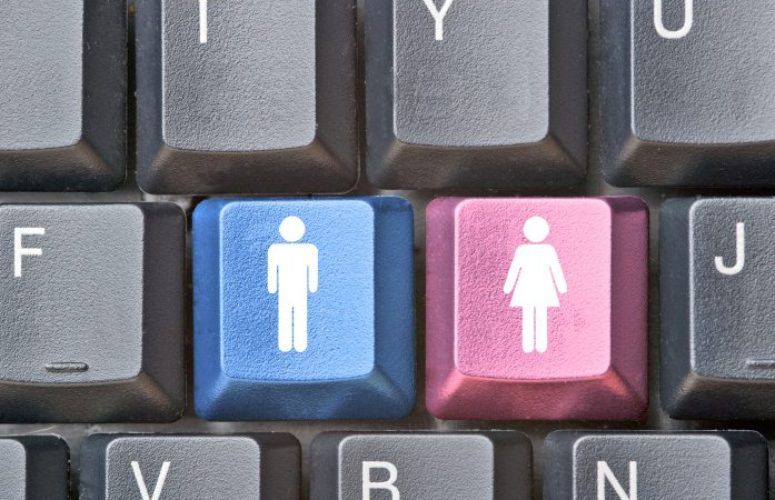
New Jersey Ranks 25th in Pay Equity Per NWLC
On Apr 2, 2019New Jersey ranks 25th in pay equity compared to the rest of the country according to rankings calculated by the National Women’s Law Center (NWLC). The ranking also revealed New Jersey ranks last in pay equity for Latina women and near the bottom for African-American and white women, while neighbors New York and Pennsylvania fare better in most measures.
“The typical millennial woman in the U.S. can expect to lose $1 million over her lifetime as a result of the gender wage gap, and this amount is even larger for minority women,” said Professor Yana Rodgers, an economist and faculty director of the Rutgers Center for Women and Work. “Much of the disparity results from the ‘mommy tax,’ in which women with caregiving obligations hold lower-paying jobs with more flexibility, or they exit the labor market to care for young children only to return to low-level jobs. Government policies have helped to narrow the gender pay gap over time, but more needs to be done to eliminate the ‘mommy tax,’ open doors to women in non-traditional occupations, and support fathers in taking on caregiving roles.”
| Women’s Average Earnings for Every Dollar a White, Non-Hispanic Man Earns | |||
| New Jersey | New York | Pennsylvania | |
| Overall | 80 ¢ | 88 ¢ | 81 ¢ |
| African-American | 56 ¢ | 65 ¢ | 67 ¢ |
| Asian | 88 ¢ | 83 ¢ | 81 ¢ |
| Latina | 42 ¢ | 56 ¢ | 57 ¢ |
| Native American | 56 ¢ | 62 ¢ | 91 ¢ |
| White, Non-Hispanic | 74 ¢ | 81 ¢ | 78 ¢ |
New York ranks third overall in pay equity, while Pennsylvania and New Jersey are in the middle of the pack. The Garden State has yo-yoed from 22nd on Equal Pay Day 2012, to 17th in 2017, to 25th this year.
| How We Rank on Pay Equity vs. All 50 States and Puerto Rico | |||
| New Jersey | New York | Pennsylvania | |
| Overall | 25th | 3rd | 24th |
| African-American | 42nd | 13th | 6th |
| Asian | 6th | 14th | 18th |
| Latina | 51st | 18th | 17th |
| Native American | 36th | 20th | 28th |
| White, Non-Hispanic | 42nd | 6th | 25th |
“It’s a tale of two states for some women,” said Elaine Zundl, research director of the Rutgers Center for Women and Work. “While many Asian women work in higher-paying industries such as technology and scientific research, Latina women are disproportionately concentrated in low-wage work in the retail and food service sectors. However, it is important to remember, despite their higher levels of education and achievement, Asian women in New Jersey still make 12 percent less than their male counterparts.”
On April 24, 2018, Gov. Phil Murphy signed the Diane B. Allen Equal Pay Act to give New Jersey the strongest pay equity statute in the U.S. The law enables courts to award triple damages when an employer is found guilty of pay discrimination; protects employees who inquire about what their co-workers earn; and requires state contractors to send pay equity data to the state.
However, the law does not address other sources of pay inequity such as women’s role as mothers and the underrepresentation of women in certain, higher-paying occupations. The Rutgers Center for Women and Work offers four policy recommendations to close the gap in New Jersey and across the country:
- Boost funding for child care subsidies to enable more women of young children to return to work
- Invest in strategies that encourage both women and men to participate in caregiving through programs like New Jersey’s Family Leave Insurance (FLI), which allows workers to take paid time-off to bond with a newborn or newly-adopted child or care for a sick family member
- Increase access and training for women to enter non-traditional fields such as engineering, technology, and construction
- Create bridge programs for women to transition from low-wage work to high-growth, high-paying careers
Equal Pay Day is the symbolic date on which women’s earnings nationwide finally catch up to men’s earnings from the previous year. In 2019, it is April 2.
To access more business news, visit NJB News Now.
Related Articles:





